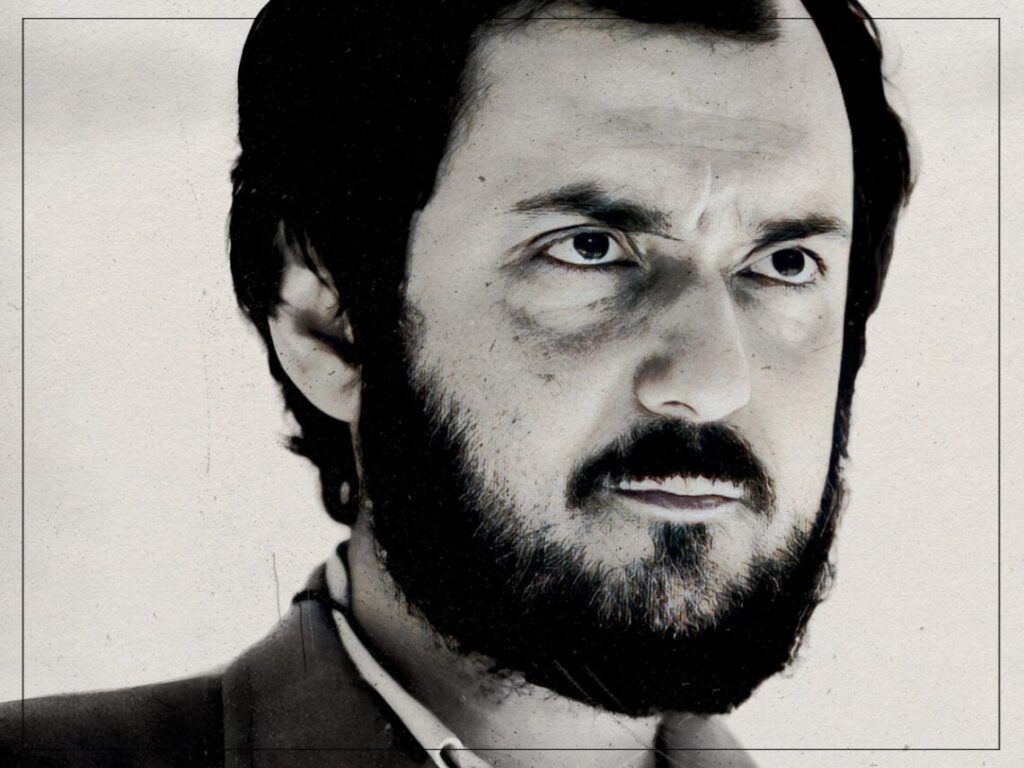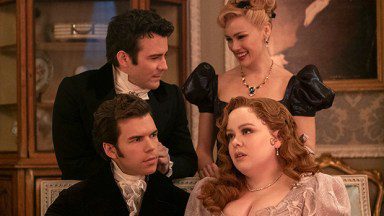Stanley Kubrick explains how ‘Dr. Strangelove’ accidentally became a comedy
 Posted On
Posted On
(Credits: Far Out / Alamy)
Throughout his career as a movie director, Stanley Kubrick proved his artistic worth in a wide range of cinema genres. Whether working within the creative boundaries of horror, erotic drama or historical epic, the New York City-born filmmaker pretty much always delivered a stunning work of film.
When we think of Kubrick’s movies, we think of the philosophical enquiry of 2001: A Space Odyssey, the violence of A Clockwork Orange and the supernatural terror of The Shining. Because of such serious themes, it can be easy to forget that Kubrick had a vibrant sense of humour too, as shown in his 1964 political satire black comedy Dr. Strangelove or: How I Learned to Stop Worrying and Love the Bomb.
Sure, comedy is not the first kind of genre that we associate with Kubrick and for good reason, but his 1964 effort shows a director who could adapt to the feel and tone of a given movie to make it in its most appropriate form and this was something that was certainly applicable to Dr. Strangelove.
After all, Kubrick hadn’t actually intended to make the film as a comedy at all. Dr. Strangelove, which features English acting and comedy icon Peter Sellers in three roles, satirises the public and political fears that were arising in the Soviet Union and the United States and was loosely based on Peter George’s 1958 thriller novel Red Alert.
George’s novel was not a comedy in the slightest of terms, and Kubrick originally wanted to make his film version more in line with the source text. “I started work on the screenplay with every intention of making the film a serious treatment of the problem of accidental nuclear war,” the director had once said.
Moving ahead with his initial conception, Kubrick kept coming up with ideas he thought were “ludicrous”, the kind that would make people laugh. After “discarding” such ideas, Kubrick quickly realised that they seemed to be the most “truthful”, and he soon changed his approach.
“After all, what could be more absurd than the very idea of two mega-powers willing to wipe out all human life because of an accident, spiced up by political differences that will seem as meaningless to people a hundred years from now as the theological conflicts of the Middle Ages appear to us today,” the iconic director asked.
To paraphrase the writing of Austrian philosopher Ludwig Wittgenstein, the most serious of topics can only truly be discussed in the form of jokes and throw into account the absurdity of the Cold War situation; it’s easy to see why Kubrick suddenly understood why the only real way he could approach Dr. Strangelove was to tell it as a “black comedy or, better, a nightmare comedy”.
Signing off on the justification of his 1964 film as a comedy, Kubrick noted, “Most of the humour in Strangelove arises from the depiction of everyday human behaviour in a nightmarish situation.” With that in mind, Kubrick’s treatment of the Cold War was all the more ingenious, and it showed the ludicrous nature of the politics of the mid-20th century.
Sometimes, the most shocking events in human history are those that we can only laugh at. With Dr. Strangelove, Kubrick not only delivered one of his most unique movies but also showed that nuclear conflict is inherently ridiculous and ought to be shown as such.
[embedded content]
Related Topics


